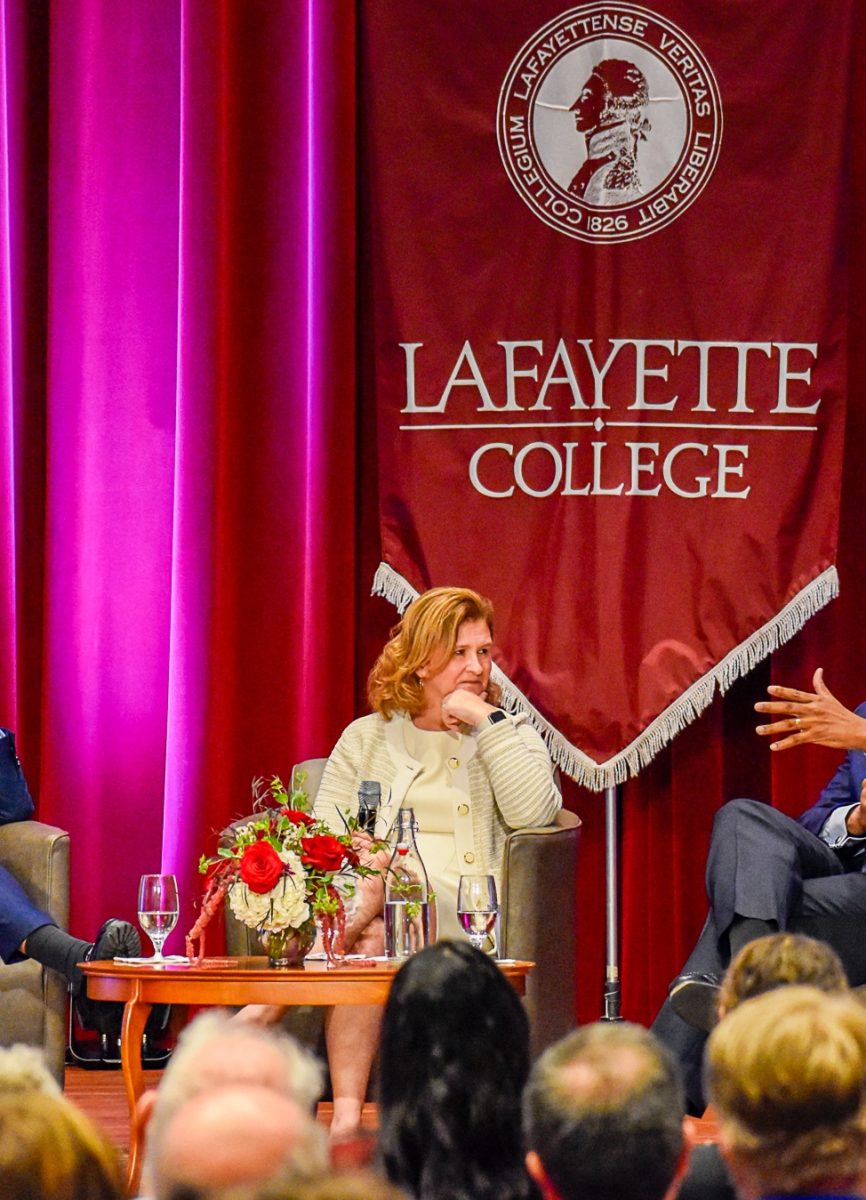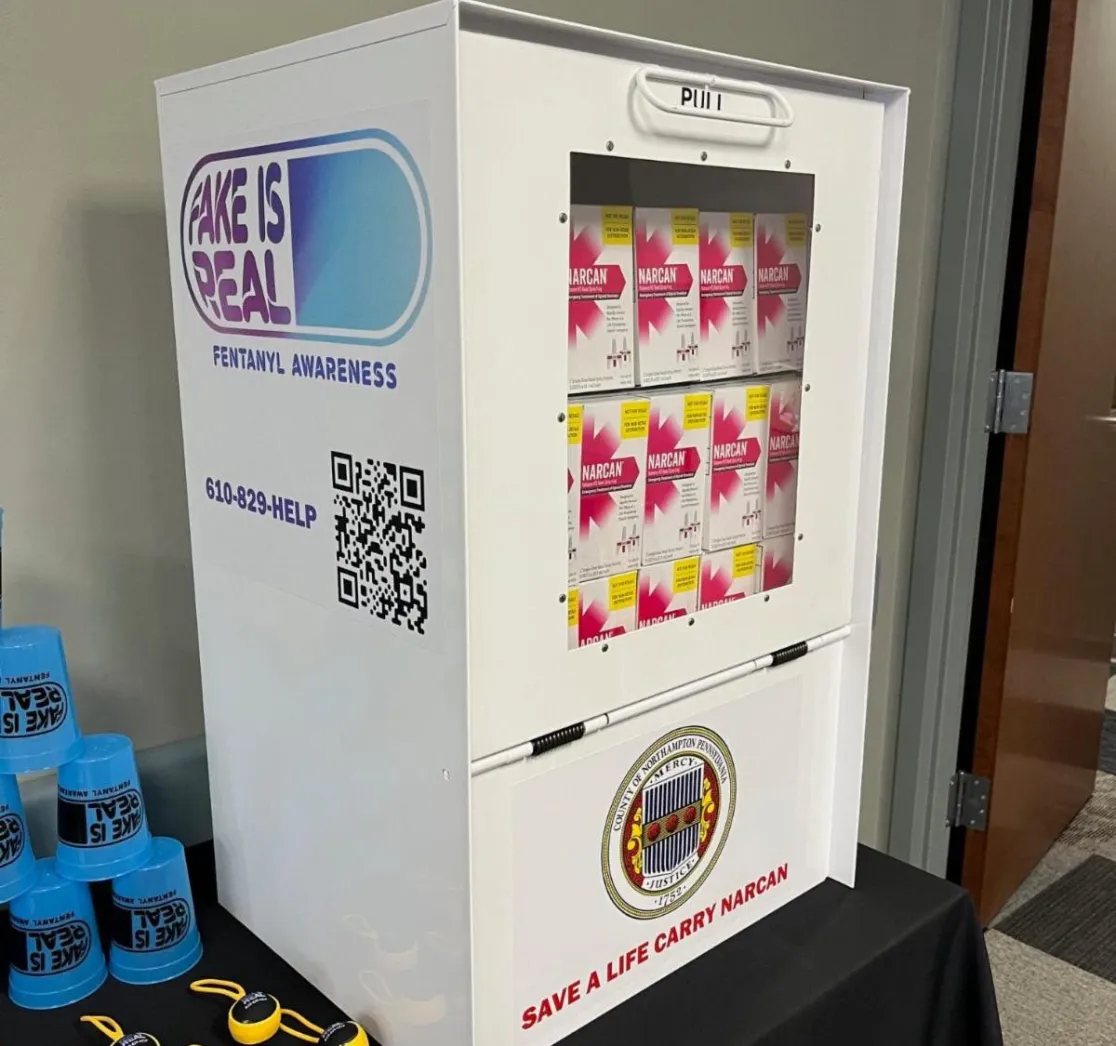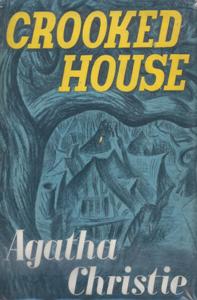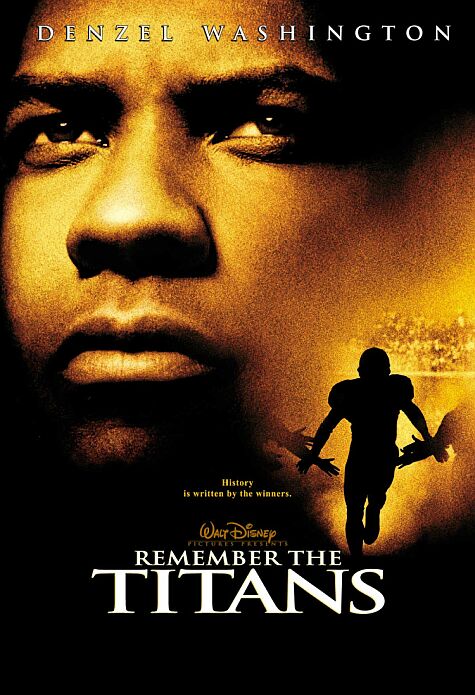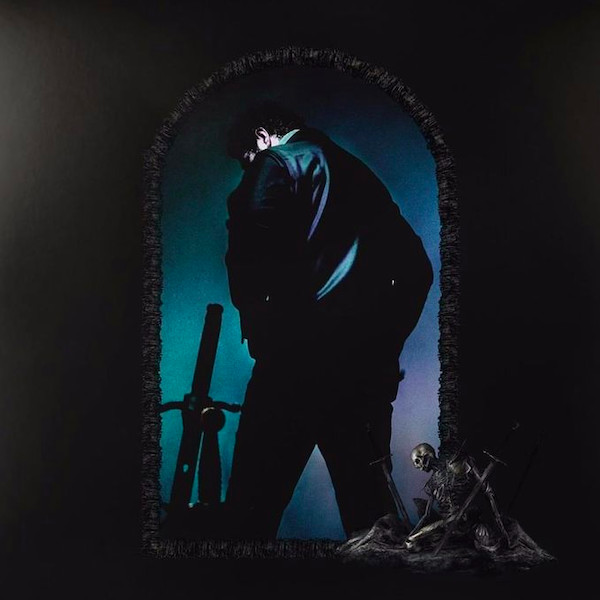Nothing about Post Malone’s face tattoos, flashy jewelry and lyrics about drinking and drug use, indicate that he is a pop artist. However, with his unshakeable presence on the top if the charts and in pop culture, that is exactly what he has become. The success of his recent third studio album “Hollywood’s Bleeding” only strengthens that point.
According to The New York Times, Malone “topped Billboard’s chart with the equivalent of 489,000 sales in the United States” and “had 365 million streams in its first week.”
Pop music has become Malone’s domain, which he can tap into whenever he wants and consistently dominates.
While some may deplore his continued dominance over pop music because of his nonchalant relationship with music and his “I don’t care” attitude, but beyond that, there are things to appreciate about his music and personality.
It is intriguing to see how pop hegemonies have shifted in just the past decade and how someone like Malone has become the career pop musician. I’m also sure that those who don’t enjoy or understand his current relevance will find merit in his music in the long run, after he is no longer creating new music.
While I see the virtue in his music, his songwriting comes off as lazy at times, especially when he repeatedly raps about how the roof of his car goes down when he presses a button, the Mille on his wrist, or how sad he is.
It is easy to get hung up in his constant melancholy, but the truth of the matter is that Malone simply cannot write a bad chorus. They are astonishingly catchy (the chorus of “A Thousand Bad Times” has been stuck in my head ever since the album came out) and annoyingly timeless (I still hear “Rockstar” on the radio two years after its release).
“Hollywood’s Bleeding” has no shortage of solid hooks, some aided by big-name artists such as SZA, Future, Halsey, Travis Scott and more, who each deliver a captivating feature and boost the value of their respective track.
One song that immediately stood out to me was “Take What You Want,” which features Ozzy Osbourne and Travis Scott. This song perfectly captures Malone’s style, where alternative rock and hip-hop are fused into a confusing genre that more artists are starting to explore.
Still, no one navigates this genre as well as Malone. He effortlessly takes the second chorus over from Osbourne, whose voice is still pristine and imposing, and holds his own. Malone is a more nimble singer than many people realize, with his ability to switch between straight up belting to a falsetto crooning, and his strange, warbly (or “goaty,” in his own words) sound in between. You almost forget Travis Scott is on the song at all, especially when an insane guitar solo comes in out of nowhere.
The track is full of musical choices that shouldn’t work on a pop song, and yet they do.
Regardless of what anyone’s opinion on Malone or his music is, there is no one else in music right now who can attempt the same musical choices as Malone on a pop album that is guaranteed to break streaming records. While at times it still confuses me how many people are able to connect with his music, I’m content with witnessing just how far-out Malone can go while still dominating pop music and setting trends for future artists.
When Malone takes risks, that’s when he shines the most.



